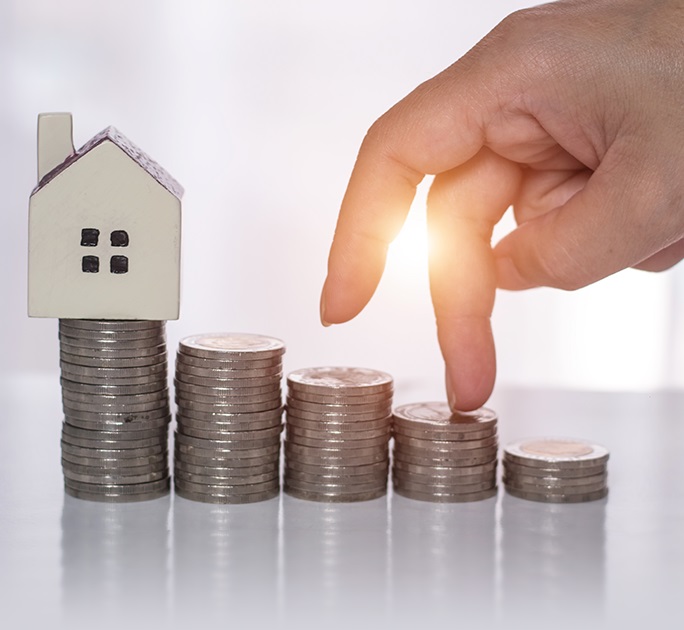What is the present state of the home loan industry?

A massive epidemic struck the housing market in 2021. For at least three months, several corporate organizations were unable to carry out their business goals, and the credit market remained closed. People were seeking safe parking locations for their money as a result of this tragedy, which resulted in a rise in demand for house loans. Due to a shortage of liquidity in the credit market, banks were compelled to be more careful in who they gave money to. In terms of scope and intensity, the global financial crisis was unprecedented. Countries from all across the globe had to work together to prop up the economy, promote spending, give a home loan with a low-interest rate, and reduce taxes. In this post, we’ll talk about the housing market’s profit loss and modifications to house loans.
In 2021, what happened to the home loan industry?
The home loan industry took the brunt of the fallout from the corona outbreak. The outbreak occurred at a time when property values were already on the decline. The government attempted but failed, to resurrect the real estate sector. It therefore resorted to giving tax breaks to entice individuals to buy properties for their own use rather than as investments. People were no longer interested in buying houses for investment purposes, which resulted in a reduction in home loans.
Many examples of housing fraud occurred during this time, further discouraging individuals from purchasing a property. The government has finally agreed to offer a home loan lowest interest rate
What effect did the pandemic have on mortgage rates?
The fundamental cause of the mortgage problem is a drop in interest rates as mortgages have gotten more difficult to get. With interest rates at all-time lows, this is a risky mix for both lenders and customers wanting to buy a home.
Home loan deductions are problematic for two reasons: one, they do not encourage saving, and two, they encourage customers to spend money. Saving is discouraged because there is no incentive for individuals to save when the government decreases the interest rate on savings accounts.
The Corona Pandemic has been debated for a long time and continues to be discussed now. Many people are confused about what to do if a Corona pandemic breaks out in their homes, and this article will go over some of the options. First, homeowners should examine if they are covered by Coronavirus insurance. If they do, repairing the virus’s harm should be a breeze. They will be accountable for the home loan processing fee if they don’t have insurance.
What impact did the epidemic have on bank lending?
The banking industry handled the early stages of the COVID-19 problem well. In a climate of home loans with low-interest rates and weak profitability, where the prospect of a “second wave” looms, banks will need to focus on customer needs while enhancing efficiency and developing resilience. Overall, housing growth in 2021 will be comparable to that in 2020, with a lot riding on coordinated government and RBI initiatives. Bank home loan deduction has been made possible by a 75 basis point fall in the repo rate.
Last but not least,
People who pick this housing sector, in my opinion, will struggle to manage their own investments, which have become increasingly difficult. This problem can be rectified if the government changes the existing mechanism of releasing a 2.67 home loan processing fee to selected recipients via lenders prior to loan distribution. This change will restore affordable housing growth by 2022, as envisioned in Housing for All.


